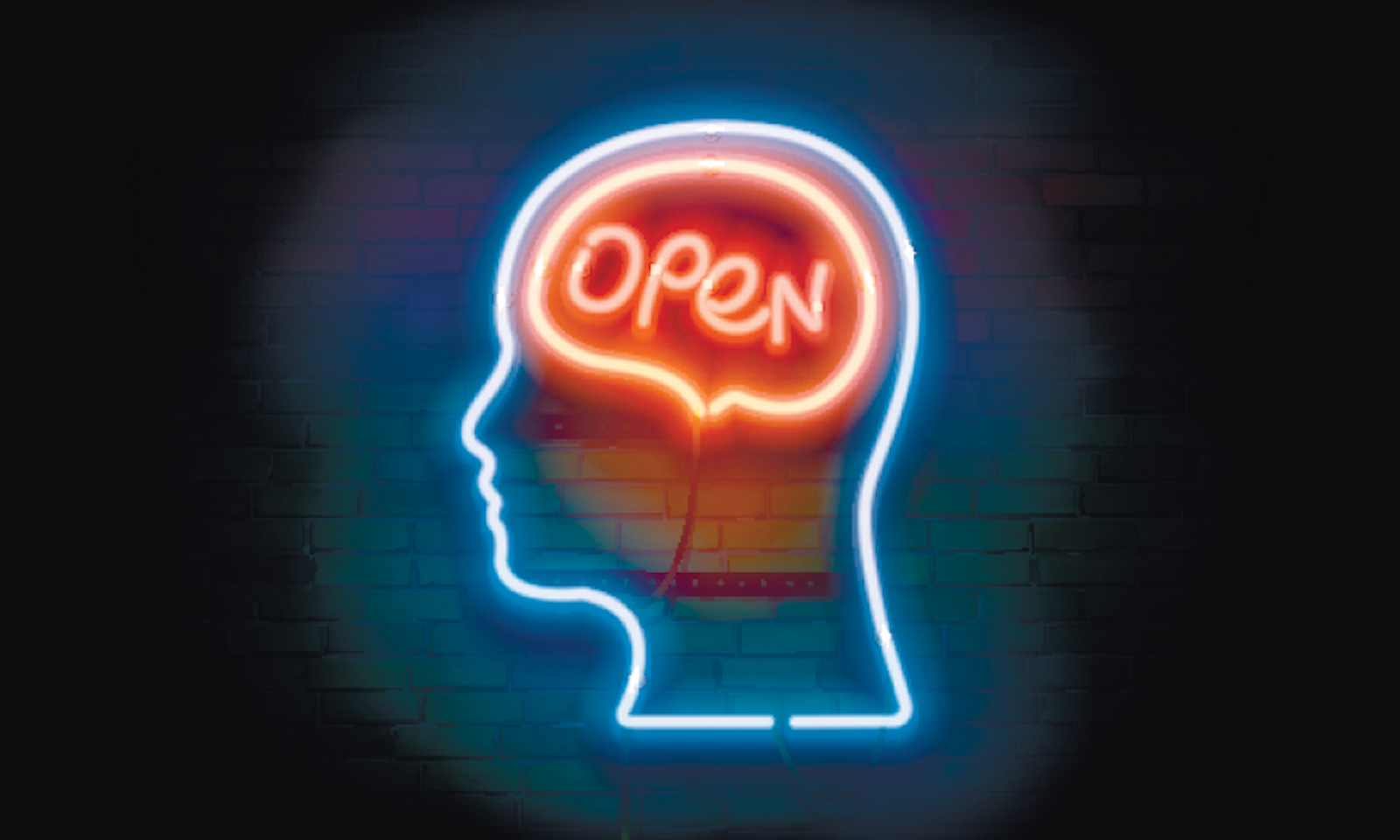When I ask friends if they’ve taken psychedelics, I hear the same kind of thing all the time. They’ll say, “Yeah, back in the day, you know, in college or at a rave, or hanging out with friends.” It was like a rite of passage when they were young.
But you could argue the people who would benefit the most from these mind-bending experiences are people my age, middle-aged, or older. Because psychedelics have a unique capacity to open up the mind so that everything feels fresh and full of possibilities, especially as you get older. It’s so easy to get stuck in a rut, but under a psychedelic, the brain can become more plastic. This time period, though, is limited. It might just last a few days or weeks. So it’s really important to understand this critical period when our minds are so open—and also so vulnerable.
You’re going to be taking in information like a child does.
These periods of high plasticity are what Gül Dölen has been studying for years. She’s a neuroscientist at Johns Hopkins with both a Ph.D. and an M.D., and she’s done some groundbreaking studies on the critical periods psychedelics can reopen, including in octopuses. Yeah, she’s given MDMA to octopuses, who she cheekily calls “psychopaths of the ocean.” Normally they’re asocial but, on MDMA, they become affable.
What happened when you gave MDMA to octopuses?
It was the California two-spot octopus, Octopus bimaculoides. They are asocial. When we started those experiments, we made sure to keep them in separate chambers, under flower pots, because we knew that if they had access to each other, they would probably kill each other. So it was a little bit of a surprise that when we gave them MDMA, they ceased to be asocial. They were spending all their time in the social chamber. And this tells us that the brain circuitry for sociality exists in these octopuses, but that it’s normally suppressed outside of the reproductive window. Normally, it’s turned off. It also suggests that for whatever reason, octopuses evolved to be asocial because it was adaptive for whatever hunting strategy or lifestyle strategy evolution imposed on them. But given that all other cephalopods are social, compared to octopuses, there’s something unique about the strategy that octopuses have chosen where being asocial is so adaptive.
It’s the time where we can do the most transformation.
Your new Nature paper claims that “psychedelics reopen the social reward learning critical period.” Why is that significant?
We were amazed by this finding. We know that psychedelics are different from each other, not just in the flavor of their acute subjective effects, but also in the duration of those acute subjective effects: Ketamine lasts about 30 minutes to two hours in people, whereas psilocybin and MDMA are a little bit longer, three to five hours. LSD is a little bit longer than that—eight hours. And ibogaine is kind of the rock star of the group—the acute objective effects last anywhere from 36 to 72 hours. There also seemed to be a rough correlation between the duration of these acute subjective effects and the therapeutic durability. So we wanted to know: Is there some relationship between these things that the psychedelic drugs are able to induce?
There was, and this is remarkable because whereas ketamine keeps it open for about three or four days, LSD keeps it open for three weeks. Now it’s more evident that the shared property that we see across all psychedelics is critical-period reopening. It suggests that what it feels like to be in that altered state of consciousness, that’s common to all of them, is just what it feels like to be open in critical periods.
What are the clinical implications of this result?
It tells us there’s a reason that clinicians have spent so much time focusing on the integration period, right after the acute effects of the drugs have worn off. That integration period seems to be important for solidifying the changes happening during therapy. If people are staying in a vulnerable open state for two to three weeks after we give them the drug, it’s a missed opportunity if we don’t continue to give them more therapy during that. But also it could be dangerous if we’re not taking care of people when they’re in that vulnerable state, where you’re going to be taking in information like a child does.
It’s also the time where we can do the most transformation, to lock in those insights. Like, “It turns out I was smoking cigarettes because I hate myself and I thought that this is all I deserved.” This is the time to solidify the new patterns of thinking, to say, “I am worthy and I don’t need to smoke anymore.” This is a shift away from the way that we’ve approached addiction: Drugs cause addiction, because they cause dopamine release, and all we have to do to reverse it is change the reward value of those drugs of abuse. What our new research on psychedelics and critical periods is saying is, “There’s a whole narrative that we build around our addictions, and that cognitive reappraisal that psychedelics are enabling to rewrite the narrative around why we are smoking those cigarettes is a much more powerful way of reversing the addiction.”
People are taking psychedelics, having this big epiphany, and then smoking cigarettes seems as silly as leaving out cookies and hoping a fat man’s going to bring you presents, right? Once you’ve seen the myth behind that, smoking cigarettes is silly.
Excerpted from Luminous, a series from To the Best of Our Knowledge, hosted by executive producer Steve Paulson. Luminous, explores the philosophical and cultural implications of psychedelics through conversations with scientists, healers, and religious scholars. You can learn more about the series and find where you can listen at ttbook.org/luminous.
Lead image: Hunky / Shutterstock




























